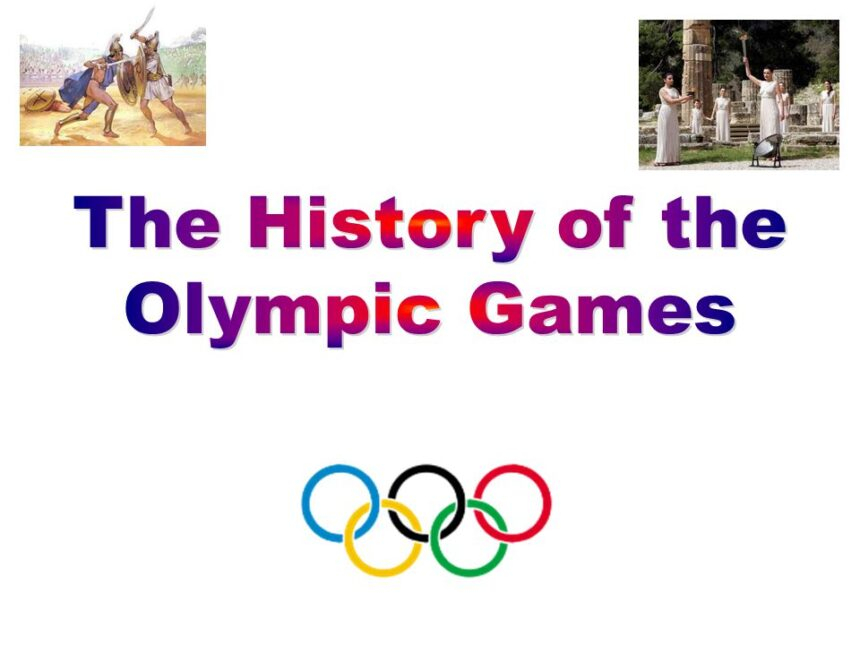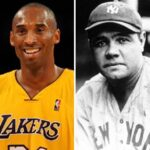The Olympic Games, a global sporting event that brings together athletes from around the world, has a rich and fascinating history spanning thousands of years. From its ancient origins in Greece to the modern spectacle we know today, let’s explore the journey of this incredible institution.
Ancient Origins
The Olympic Games began over 2,700 years ago in Olympia, ancient Greece. These early games were quite different from what we see today.
Key Facts:
- First recorded Olympics: 776 BCE
- Held every four years
- Dedicated to Zeus, king of the Greek gods
- Only free Greek men could compete
- Events included running, long jump, discus throw, wrestling, and chariot racing
The ancient Olympics were more than just a sporting event – they were a religious festival and a chance for city-states to demonstrate their prowess. Winners were crowned with olive wreaths and treated as heroes upon returning home.
Decline and Revival
The ancient Olympic tradition continued for nearly 12 centuries until it was banned by Roman Emperor Theodosius I in 393 CE, viewing it as a pagan festival.
For over 1,500 years, the Olympics ceased to exist. But in the late 19th century, interest in reviving the games began to grow.
The Modern Olympics Are Born
In 1894, French educator Baron Pierre de Coubertin founded the International Olympic Committee (IOC) and began plans to revive the Olympic Games. His vision came to fruition in 1896 with the first modern Olympics in Athens, Greece.
Key Details of the 1896 Olympics:
- 14 nations participated
- 43 events in 9 sports
- Only male athletes competed
- American James Connolly became the first modern Olympic champion, winning the triple jump
Evolution of the Modern Olympics
Since its revival, the Olympic Games have undergone significant changes and faced various challenges:
1900-1920s: Early Growth
- Women allowed to compete (1900)
- Winter Olympics introduced (1924)
1930s-1940s: Challenges
- The 1936 Berlin Olympics used as Nazi propaganda
- The 1940 and 1944 Games were canceled due to World War II
1950s-1980s: Cold War Era
- The Olympics became a stage for East-West rivalry
- Boycotts in 1980 (Moscow) and 1984 (Los Angeles)
1990s-Present: Globalization
- End of amateur-only rule (1988)
- Rapid commercialization and growth
- Introduction of new sports like snowboarding and BMX
Olympic Symbols and Traditions
Over time, the Olympics have developed iconic symbols and traditions that are recognized worldwide.
Olympic Rings
- Designed by Coubertin in 1912
- Five interlocking rings represent the union of five continents
- Colors (blue, yellow, black, green, red) were chosen because at least one appeared on every national flag at the time
Olympic Flame
- Lit in Olympia, Greece, using the sun’s rays
- Carried by torch relay to the host city
- Burns throughout the games
Opening and Closing Ceremonies
- Elaborate spectacles showcasing the host nation’s culture
- Parade of nations
- Oath-taking by athletes and officials
Controversies and Challenges
The Olympics have not been without their share of controversies:
- Doping scandals
- Judging disputes
- Excessive costs for host cities
- Human rights concerns
Despite these challenges, the IOC has worked to address issues and maintain the integrity of the games.
The Olympics Today
Today, the Olympic Games are a global phenomenon, bringing together thousands of athletes from over 200 nations. The event has expanded to include:
- Summer and Winter Games are held every four years, two years apart
- Paralympics for athletes with disabilities
- Youth Olympics for Teenage Athletes
Recent innovations include:
- Sustainability initiatives
- Esports demonstrations
- New sports like skateboarding and sports climbing
Looking to the Future
As we look ahead, the Olympic Games continue to evolve. The IOC faces ongoing challenges such as:
- Balancing tradition with innovation
- Addressing climate change concerns
- Ensuring fair competition in the face of advancing technology
- Making the games more accessible and relevant to younger audiences
Despite these challenges, the Olympics remain a powerful symbol of human achievement and global unity. From its ancient roots to its modern incarnation, the Olympic Games continue to inspire and captivate people around the world.
What are your thoughts on the Olympics? Do you have a favorite Olympic moment or athlete? The games have touched so many lives over the years, and each of us has our own connection to this incredible tradition.









